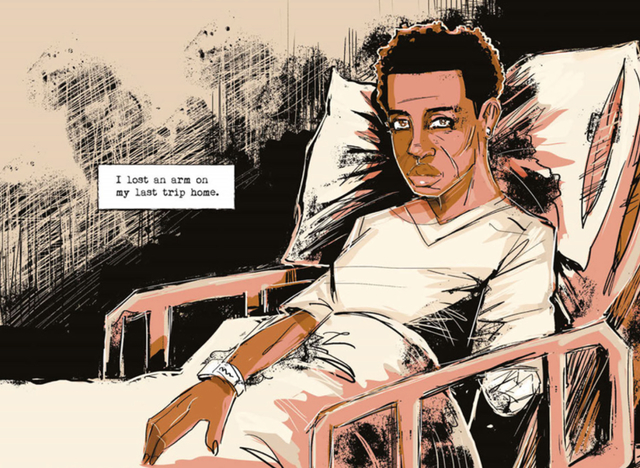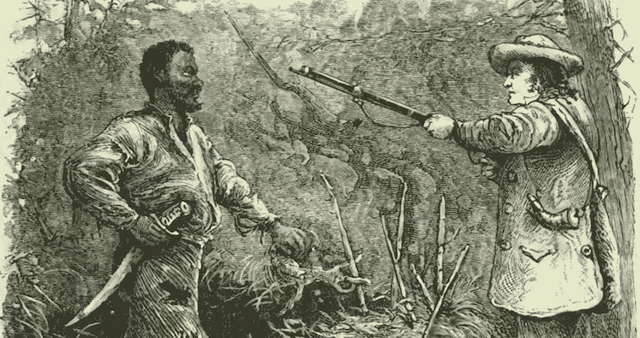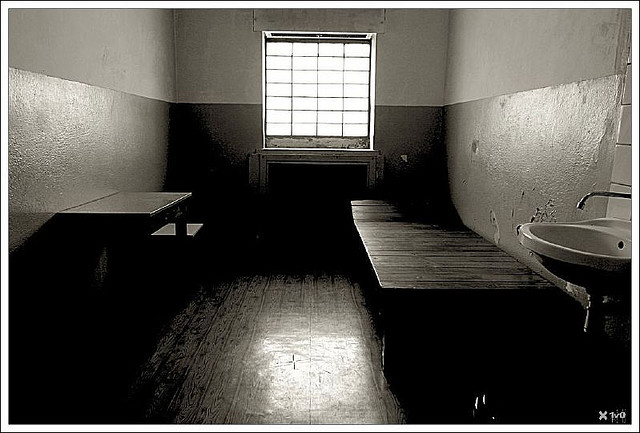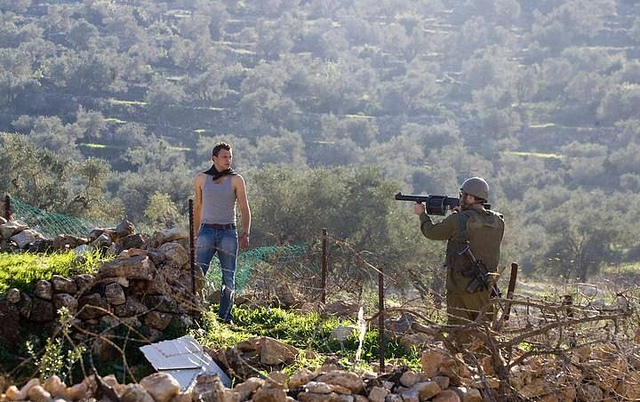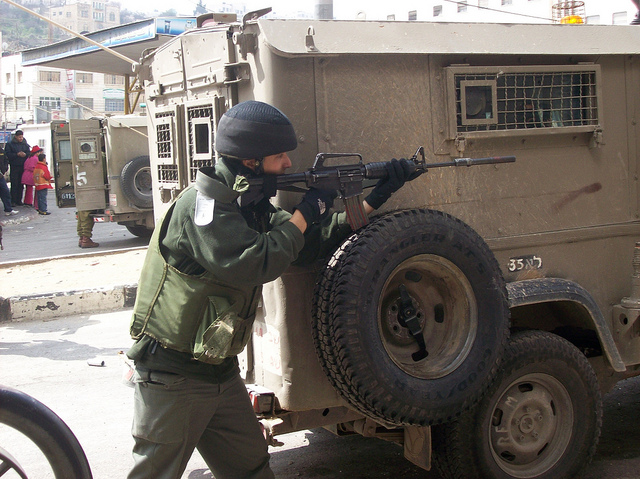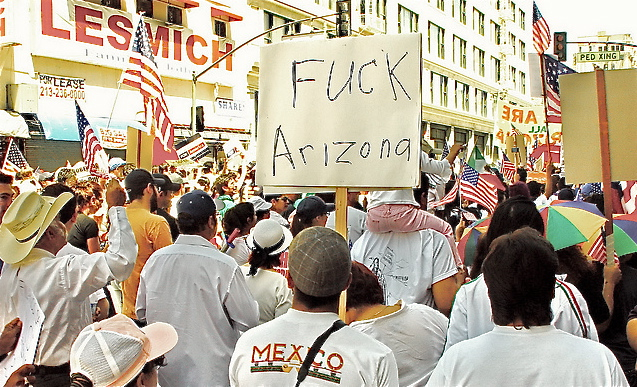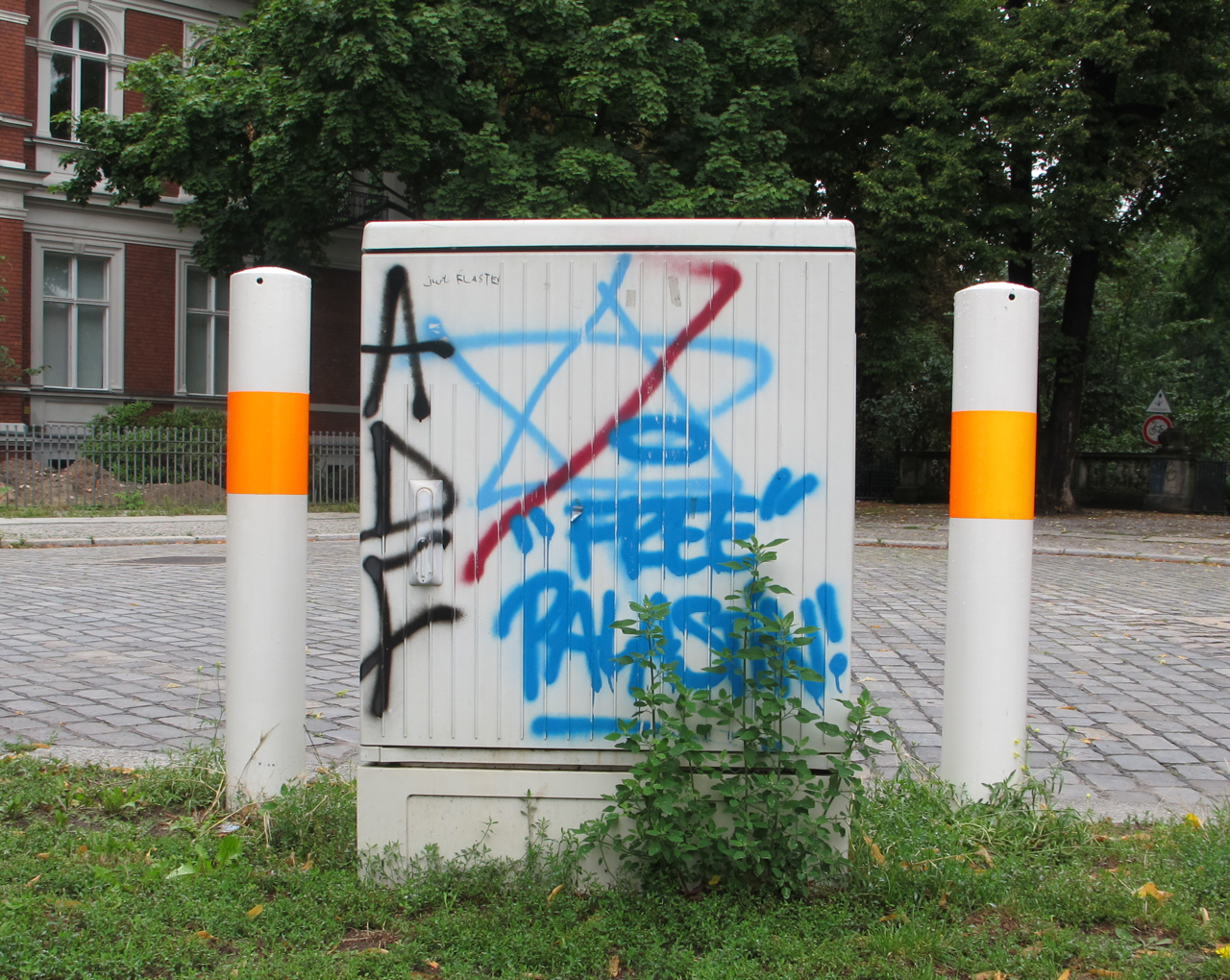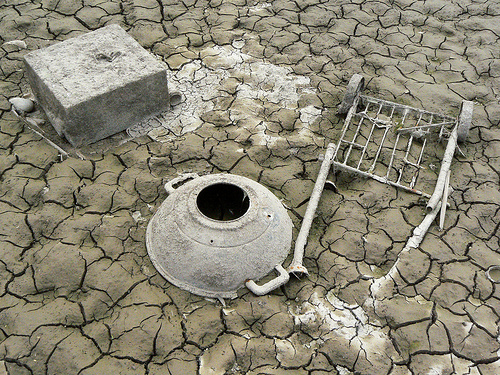Since its publication in 1979, Octavia Butler’s Kindred has become a work of extraordinary popularity. It is a common item on high school reading lists and university syllabi throughout the United States, as well as having appeared globally in dozens of translations. (More…)
Author: Joe LockardJoe Lockard is an associate professor of English at Arizona State University, where he directs the Anti-slavery Literature Project. He is the co-editor of Iraq War Cultures (Peter Lang, 2011) and the author of Watching Slavery: Witness Texts and Travel Reports (Peter Lang, 2008). Lockard teaches early American literature, early African American literature, comparative ethnic literatures, and social protest literature.
Joe Lockard is an associate professor of English at Arizona State University, where he directs the Anti-slavery Literature Project. He is the co-editor of Iraq War Cultures (Peter Lang, 2011) and the author of Watching Slavery: Witness Texts and Travel Reports (Peter Lang, 2008). Lockard teaches early American literature, early African American literature, comparative ethnic literatures, and social protest literature.
It is well-known that there are currently 2.4 million people in US prisons and jails. What is less-known is that they write and are producing a new wave of American literature. (More…)
Daniel Silva’s series of thriller novels featuring Gabriel Allon, an Israeli spy, are a phenomenon among bestsellers. Millions of English-language copies from this have been sold in the sixteen years this series has been in print, and translations are available in dozens of languages. A new novel appears near-annually, and in a short time, hits the top of the New York Times bestseller lists. (More…)
When 17-year-old Palestinian Muhammed Taraireh stabbed to death 13-year-old Hallel Ariel, the Israeli-Palestinian conflict came to a child murdering a child. Outrage in Israel was widespread, even though kids have died by the hundreds – the majority Palestinian. (More…)
I was an IDF reservist stationed in the south of Israel. My base had received a new contingent of AH-64 Apache attack helicopters, and was testing them prior to deployment. Helicopters would ascend to 100 meters, hover for hours, and do instrument checks. A constant drone permeated our encampment. (More…)
Two weeks ago, I went to an awards dinner together with several students. We work on an education project in an Arizona prison. The hotel dining room was filled with hundreds of people, nearly all of whom were religious volunteers engaged in prison ministries. (More…)
Protestations against individual instances of violence ignore their origins. Tellingly, they often indulge hypocrisy: this is an outrage against the norm, or so the logic goes. But, as long as it remains unnoticed, the norm remains violence. Israeli government denunciations of ex-IDF officer Shalom Eisner are a perfect case in point. (More…)
Nathan Englander’s new collection of short stories normalizes bad politics. The author’s inability to engage with critical difficulties within American Jewish and Israeli culture leaves key stories littered with futile symbolism. It’s too simple to suggest that Englander lacks courage. (More…)
When newspapers first disclosed that one percent of the US population was imprisoned or on probation, credible reports allege that prosecutors at Maricopa County Attorney’s office celebrated with cheers and calls to “Go for two percent!” That is what team spirit looks like in this age of mass incarceration. (More…)
When it was clear that the Mubarak government was on its last legs, and the Egyptian revolt was succeeding, I estimated that Sadat’s peace treaty with Israel would last only two or three years. I was wrong. It will probably be abrogated even more quickly. The consequences will prove a disaster for Israel, Palestine, the Middle East and the world. (More…)
Campaigns to reinforce public morality solidify weakening structures of oppression. Their existence is sufficient evidence of this point. Were public morals to meet the approbation of of the so-called authorities, there would be no need for such corrective efforts. But prescriptive morality is by nature a political tool, meaning that supposed general moral inadequacy is a function of its usefulness. (More…)
Arizona murdered its rivers and poured the remains onto cotton fields and golf courses. Some of the largest water engineering projects on the planet have gone into producing suburban swimming pools and green lawns. Today’s Arizona could not exist without the diversion and destruction of its river system. Over 90 percent of the state’s river system has disappeared. (More…)
